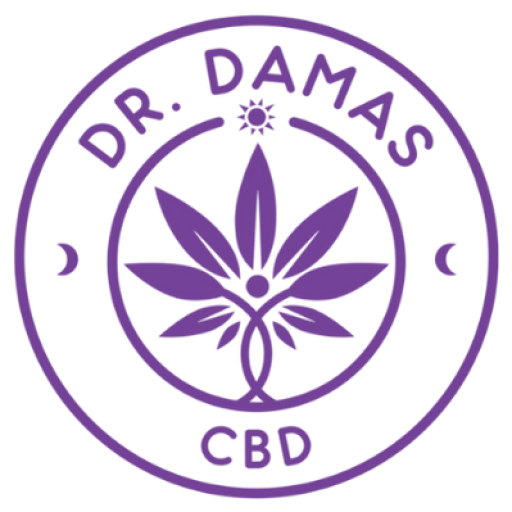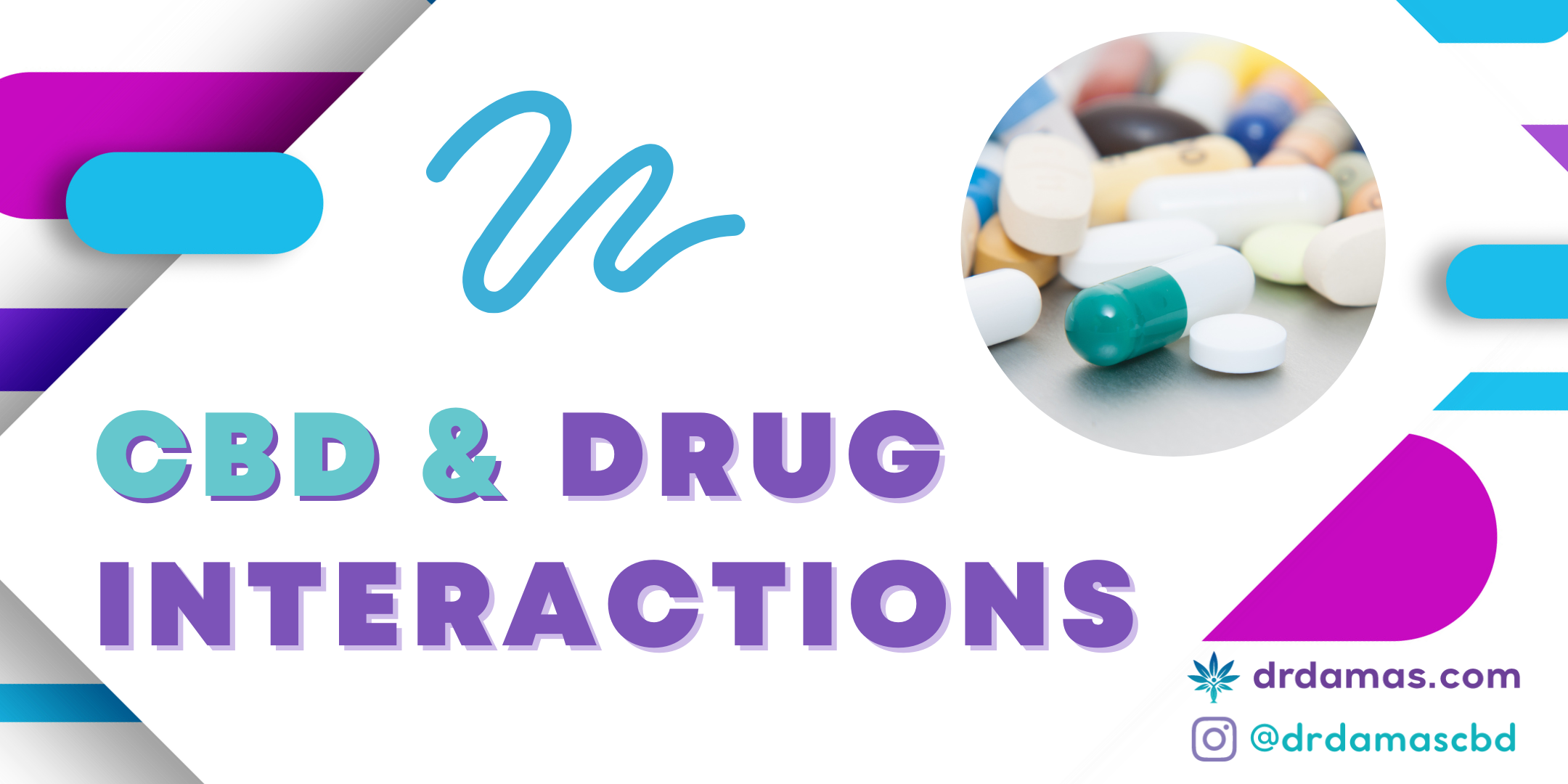CBD has become a popular natural remedy for various health conditions, including chronic pain, anxiety, and insomnia. However, people taking prescription medications should be cautious about potential drug interactions when consuming CBD products. Here are 20 commonly prescribed medications in the United States and how they may interact with CBD:
Lipitor (Atorvastatin): Lipitor is a medication used to lower cholesterol levels. When taken with CBD, it may increase the risk of adverse side effects such as muscle pain and liver damage.
Synthroid (Levothyroxine): Synthroid is a medication used to treat hypothyroidism. When taken with CBD, it may affect the absorption of the medication and potentially reduce its effectiveness.
Zestril (Lisinopril): Zestril is a medication used to treat high blood pressure. When taken with CBD, it may increase the risk of low blood pressure and electrolyte imbalances.
Xanax (Alprazolam): Xanax is a medication used to treat anxiety and panic disorders. When taken with CBD, it may increase the sedative effects of the medication.
Warfarin: Warfarin is a blood thinner used to prevent blood clots. When taken with CBD, it may increase the risk of bleeding and bruising.
Adderall (Amphetamine/Dextroamphetamine): Adderall is a medication used to treat attention deficit hyperactivity disorder (ADHD) and narcolepsy. When taken with CBD, it may increase the risk of adverse side effects such as high blood pressure and heart palpitations.
Plavix (Clopidogrel): Plavix is a blood thinner used to prevent blood clots. When taken with CBD, it may increase the risk of bleeding and bruising.
Coumadin (Warfarin): Coumadin is a blood thinner used to prevent blood clots. When taken with CBD, it may increase the risk of bleeding and bruising.
Zocor (Simvastatin): Zocor is a medication used to lower cholesterol levels. When taken with CBD, it may increase the risk of adverse side effects such as muscle pain and liver damage.
Norvasc (Amlodipine): Norvasc is a medication used to treat high blood pressure and chest pain. When taken with CBD, it may increase the risk of low blood pressure and electrolyte imbalances.
Prozac (Fluoxetine): Prozac is a medication used to treat depression and anxiety. When taken with CBD, it may increase the risk of adverse side effects such as drowsiness and confusion.
Oxycodone: Oxycodone is a medication used to treat severe pain. When taken with CBD, it may increase the sedative effects of the medication.
Lyrica (Pregabalin): Lyrica is a medication used to treat nerve pain and seizures. When taken with CBD, it may increase the sedative effects of the medication.
Ambien (Zolpidem): Ambien is a medication used to treat insomnia. When taken with CBD, it may increase the sedative effects of the medication.
Lasix (Furosemide): Lasix is a medication used to treat high blood pressure and fluid retention. When taken with CBD, it may increase the risk of low blood pressure and electrolyte
imbalances.
Metformin: Metformin is a medication used to treat type 2 diabetes. When taken with CBD, it may increase the risk of adverse side effects such as low blood sugar and lactic acidosis.
Cymbalta (Duloxetine): Cymbalta is a medication used to treat depression and anxiety. When taken with CBD, it may increase the risk of adverse side effects such as drowsiness and confusion.
Klonopin (Clonazepam): Klonopin is a medication used to treat seizures and panic disorders. When taken with CBD, it may increase the sedative effects of the medication.
Gabapentin: Gabapentin is a medication used to treat nerve pain and seizures. When taken with CBD, it may increase the sedative effects of the medication.
Humalog (Insulin Lispro): Humalog is a medication used to treat type 1 and type 2 diabetes. When taken with CBD, it may increase the risk of adverse side effects such as low blood sugar and hypoglycemia.
Conclusion
It's essential to understand that these are not the only medications that may interact with CBD and THC. It's always recommended to speak with a healthcare provider before starting any new medication or supplement, especially if you're taking prescription medications.
When it comes to CBD and THC, they interact with enzymes in the liver that are responsible for metabolizing medications. These enzymes can be inhibited or induced by CBD, leading to changes in how the body processes certain medications.
Additionally, THC can also interact with medications, particularly those that affect the central nervous system. THC may increase the sedative effects of some medications, leading to drowsiness and impaired motor function.
In conclusion, it's crucial to understand the potential drug interactions that may occur when consuming CBD products, especially if you're taking prescription medications. Always speak with a healthcare provider before starting any new medication or supplement and disclose any CBD or THC products you may be taking. By doing so, you can ensure your safety and prevent any adverse side effects.
References:
"Atorvastatin Drug Interactions." Drugs.com, accessed April 18, 2023. https://www.drugs.com/drug-interactions/atorvastatin.html.
"CBD and Liver Damage: What You Need to Know." Healthline, accessed April 18, 2023. https://www.healthline.com/health/cbd-and-liver-damage.
"Levothyroxine Drug Interactions." Drugs.com, accessed April 18, 2023. https://www.drugs.com/drug-interactions/levothyroxine.html.
"CBD Oil and Synthroid Interaction." CBD Education Online, accessed April 18, 2023. https://www.cbdeducationonline.com/cbd-oil-and-synthroid-interaction/.
"Lisinopril Drug Interactions." Drugs.com, accessed April 18, 2023. https://www.drugs.com/drug-interactions/lisinopril.html.
"CBD and Blood Pressure: What You Need to Know." Healthline, accessed April 18, 2023. https://www.healthline.com/health/cbd-and-blood-pressure.
"Alprazolam Drug Interactions." Drugs.com, accessed April 18, 2023. https://www.drugs.com/drug-interactions/alprazolam.html.
https://www.ncbi.nlm.nih.gov/pmc/articles/PMC5852356/
https://www.rxlist.com/lipitor-drug.htm
https://www.ncbi.nlm.nih.gov/pmc/articles/PMC6520812/
https://www.rxlist.com/synthroid-drug.htm
https://www.ncbi.nlm.nih.gov/pmc/articles/PMC6984486/
https://www.rxlist.com/zestril-drug.htm
https://www.ncbi.nlm.nih.gov/pmc/articles/PMC6912519/
https://www.rxlist.com/xanax-drug.htm
https://www.ncbi.nlm.nih.gov/pmc/articles/PMC6067865/
https://www.rxlist.com/coumadin-drug.htm
https://www.ncbi.nlm.nih.gov/pmc/articles/PMC6984486/
https://www.rxlist.com/adderall-drug.htm
https://www.ncbi.nlm.nih.gov/pmc/articles/PMC6067865/
https://www.rxlist.com/plavix-drug.htm
https://www.ncbi.nlm.nih.gov/pmc/articles/PMC6067865/
https://www.rxlist.com/coumadin-drug.htm
https://www.ncbi.nlm.nih.gov/pmc/articles/PMC5852356/
https://www.rxlist.com/zocor-drug.htm
https://www.ncbi.nlm.nih.gov/pmc/articles/PMC6984486/
https://www.rxlist.com/norvasc-drug.htm
https://www.ncbi.nlm.nih.gov/pmc/articles/PMC5852356/
https://www.rxlist.com/prozac-drug.htm
https://www.ncbi.nlm.nih.gov/pmc/articles/PMC6067865/
https://www.rxlist.com/oxycontin-drug.htm















